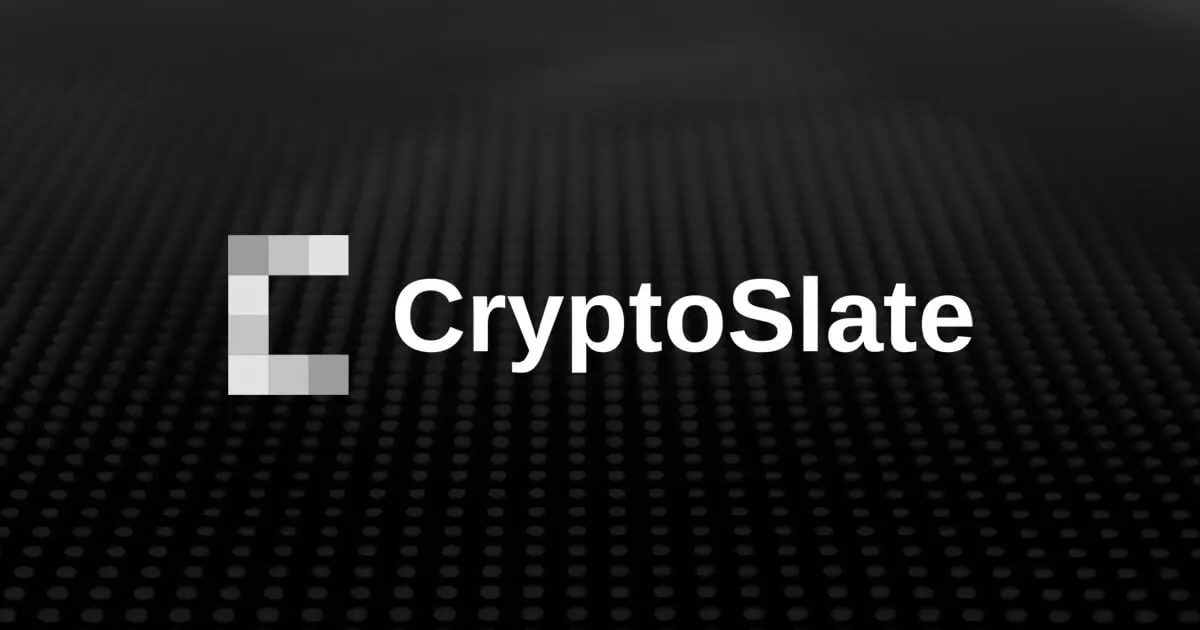In the high-stakes arena of cryptocurrency, media narratives wield significant influence over public perception and regulatory attitudes. Binance, led by CZ, finds itself embroiled in a war of narratives, facing reports that threaten its reputation. While CZ dismisses these reports as “FUD”—fear, uncertainty, and doubt—this defensive stance overlooks the broader implications of media scrutiny. An overly combative response not only fuels suspicion but also potentially alienates stakeholders who seek transparency and accountability. The core risk lies in the perception that aggressive legal battles might be more about silencing criticism rather than addressing legitimate concerns. In the complex world of digital finance, resolving issues through dialogue—rather than confrontational lawsuits—can often foster a more credible image, especially in an industry that is still fighting for mainstream acceptance.
The Reliability of Anonymous Sources: A Dangerous Game
The Bloomberg report in question hinges on unnamed insiders, a common journalistic practice but a perilous one in the context of financially powerful entities like Binance. Relying solely on anonymous sources can diminish credibility and invite accusations of sensationalism. For a company like Binance, accused of shady dealings, this reliance risks becoming a weaponization of unverified claims. Instead of dismissing the allegations outright, a more strategic response might involve proactively engaging with verifiable information, demonstrating openness. When the line between journalism and misinformation becomes blurred, the risk is a spiral of conspiracy theories and unfounded accusations, which ultimately damages legitimate investigative efforts and confuses the public.
The Financial Ecosystem and the Myth of Monolithic Malfeasance
One of the most problematic aspects of this saga is the narrative that centers around Binance’s alleged connections to dubious projects, governments, or political figures. While skepticism of large corporations is justified, especially in a sector rife with regulatory challenges, the tendency to paint the entire ecosystem as corrupt hampers constructive dialogue. It’s crucial to differentiate between justified oversight and unjustified conspiracy theories. Blanket accusations undermine the legitimacy of emerging financial innovations and could hinder the development of new, beneficial technologies. The narrative that Binance or CZ is inherently dishonest ignores the nuanced reality of a rapidly evolving industry that requires both regulation and innovation to coexist.
The Legal Battlefield as a Defensive Strategy: A double-edged Sword
CZ’s history of suing media outlets, including Bloomberg’s associated entities and Forbes, reflects a broader pattern of legal intimidation that can have serious repercussions. While defending one’s reputation is legitimate, excessive litigation risks damaging free speech and fostering a climate of fear. When the industry uses the courts as shields rather than tools for justice, it sends a signal that transparency is optional—dangerous for an industry claiming to embrace decentralization and democratization. Moreover, legal fights often divert attention from core business issues, risking sustained reputational damage if courts side with established media outlets or if complaints are perceived as attempts to suppress scrutiny rather than address legitimate concerns.
The Alleged Political Ties and Industry Stigma
The mention of connections between Binance, the Trump family, and political figures feeds into a narrative of entrenched belangen and regulatory favoritism—an unsettling prospect for supporters of free enterprise. While it’s true that politically motivated investigations can target industry players, it’s equally important to recognize that accusations of cronyism, especially linked to public figures, diminish the industry’s integrity when based on unfounded claims. For a center-right liberal perspective, encouraging a framework where regulators focus on fair, rule-based oversight—rather than political vendettas—would benefit the sector as a whole, ensuring innovation isn’t suffocated by partisan agendas.
The Industry’s Self-Image: The Need for a Unified Front
Crypto companies like Binance often present themselves as champions of transparency and innovation. However, their responses to media criticism sometimes undermine this posture. From lawsuits to outright dismissals, these tactics can alienate the broader community that values openness. The industry must recognize that building trust depends not only on technological advancements but also on consistent, honest communication. Instead of engaging solely in defensive legal fights, Binance could lead by example—embracing transparency, engaging critics constructively, and fostering a climate where legitimate questions lead to concrete improvements.
The Impact of Media Skirmishes on Industry Reputation
Repeated legal provocations against media outlets risk creating a troubling pattern, suggesting that the industry prefers to shame or silence critics rather than address substantive concerns. This approach may backfire, fueling further FUD and undermining investor confidence. A mature industry understands that constructive criticism, even if uncomfortable, serves its long-term interests. Silencing it through lawsuits might win temporary battles but could ultimately weaken the sector’s standing in the global financial system—a place that demands regulatory credibility, not legal⚖️ intimidation.
The Power of Responsible Leadership in Cryptocurrency
Ultimately, Binance and CZ stand at a crossroads: either embrace a path of transparency and professional integrity or continue down a confrontational route that risks entrenching negative stereotypes. As a major player, Binance’s response to accusations should be measured, fact-based, and openness-driven. Blunt legal warfare may seem like an effective tactic in the short term, but it hampers the industry’s development and breeds distrust among regulators and users alike. Forward-thinking leadership recognizes that fostering credible relationships—rather than perpetuating conflicts—will determine the sector’s resilience amidst mounting regulatory scrutiny. Trust, after all, is the most valuable asset in any financial enterprise, digital or otherwise.
















Leave a Reply